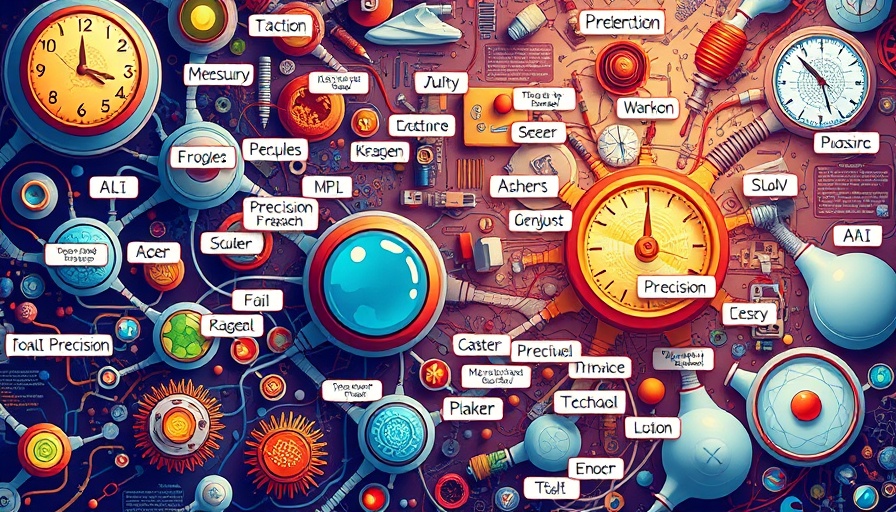
The Evolving Landscape of Artificial General Intelligence (AGI)
As we stand on the precipice of a new era in artificial intelligence, it's essential to understand the driving forces propelling this transformation. Test-time adaptation—a method that enables models to adjust to new data during their operational phase—is setting the stage for what many believe could lead to true Artificial General Intelligence (AGI). This evolution is not merely a technological curiosity; it has profound implications for numerous fields, including healthcare, where adaptive algorithms could revolutionize patient care.
How Test-Time Adaptation Works
At the heart of test-time adaptation is the principle that AI systems can learn in real time, deploying modifications based on incoming data even after deployment. This contrasts sharply with traditional models, which require retraining on vast data sets during development. By employing frequent updates and learning from their operational environment, these adaptive systems may soon assist in real-time decision-making processes. For families, this could mean personalized health recommendations that evolve based on dietary habits, exercise routines, and even sleep patterns.
Implications for Healthcare and Fitness
Imagine a healthcare model that not only provides treatment options but continually learns from lifestyle changes to improve patient outcomes. This is where test-time adaptation illuminates potential pathways. For health-conscious individuals, particularly busy parents trying to balance work and wellness, AI systems might tailor fitness recommendations based on daily activity levels, stress indicators, and even meal choices. How do you lose belly fat naturally? What’s the best time to work out for fat loss? These questions could soon be answered with AI-driven precision, transforming well-being into a more personalized experience.
Building Trust in AI Learning Systems
The rapid pace of AI evolution raises concerns about trust and transparency. As we integrate sophisticated technologies into our daily lives, especially in health and fitness, how can we ensure these systems are reliable and unbiased? AI must reflect the diversity of human experience to serve the broader population effectively. Emphasizing ethical considerations will be paramount as we embark on this journey.
Future Predictions: The Role of AI in Daily Life
What does the future hold for families and their health aspirations? As technology permeates our routines, we may find ourselves increasingly reliant on AI-driven recommendations. From meal prep ideas for the week, to workout routines tailored around family schedules, our daily lives could be transformed by the ability of AI systems to learn and adapt. Will this lead to a seamless integration of health and technology, optimizing not just personal fitness but enhancing overall well-being? The potential is immense, yet the challenges are equally significant.
Why Knowledge is Power in the Age of AI
Understanding the capabilities and limitations of AI is key for anyone looking to improve their health and fitness. Navigating the myriad options in today’s wellness market can be daunting; it’s essential to know how to differentiate between data-driven advice and general wellness trends. With insights into how AI functions, families can become partners in their health journey, actively engaging with the technologies that shape their lives.
Concluding Thoughts: Join the AI-Driven Health Movement
As the adoption of test-time adaptation becomes more widespread, the direct engagement of families and health-conscious individuals will be necessary to harness its full potential. Open dialogue about AI in health can foster better systems that reflect the needs of their users. Becoming proactive participants in this AI-driven world may empower us to enhance our well-being through informed choices. It’s time to explore how we can leverage technology to create a healthier future for ourselves and our loved ones.
 Add Row
Add Row  Add
Add 




 Add Row
Add Row  Add
Add 

Write A Comment